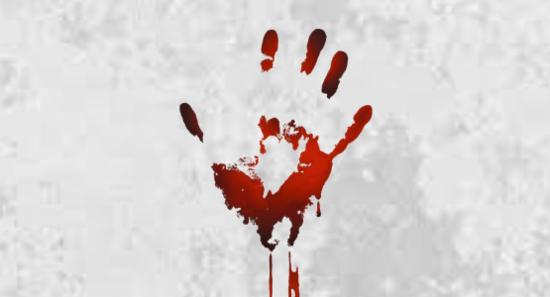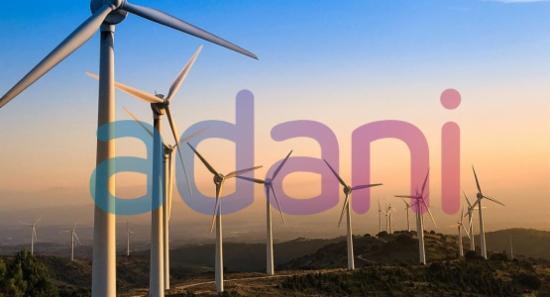.webp)
15% railway fare hike to compensate the departmental loss
COLOMBO (News 1st) - Railway ticket prices are to increase by 15% with effect from the o1st of October. This was confirmed to News 1st by the Secretary to the Ministry of Transport G.S. Withanage.
The Secretary also stated that the decision to increase prices was taken because the train fares had not been increased in line with the increase in fuel prices.
G. S. Withanage also added that the gazette notification with the fare revision will be issued in the near future.
A senior official at the Department of Railways confirmed to News 1st that the gazette notice on the fare hike had been drafted and referred to the Ministry of Transport, adding that the new fares would come into effect once they are authorized by the Ministry.
Incidentally, the fare hike will not affect the current minimum fare which is 10 rupees.
However, the Railways Department noted that the distance, that the commuters can travel with a minimum priced ticket would be reduced from 10 kilometers to 7 kilometers. Prices for reserved seats are also set to increase.
A five-member committee headed by the General Manager of Railways was appointed recently to consider a revision of railway ticket prices. A proposal was put forward by the committee to amend the railway fares, taking into consideration the cost of fuel, bus fares and the losses incurred by Sri Lanka Railways.
While the committee's initial proposal had been to increase ticket prices by more than the proposed 15%, the committee later acquiesced to the 15% fare hike. According to the Sri Lanka Railways, due to the absence of a fare hike over the past 10 years, the Department had incurred a loss of Rs. 6.7 billion in 2017 alone. The Department also incurred losses amounting to Rs. 64 million recently, due to the four-day long strike launched by several unions.
Following the appointment of the new government, the prices of several essential goods and services have been increased. In May, bus fares were increased by 12.5%. The introduction of a fuel pricing formula has resulted in periodic increases in fuel prices. The fare charged by three-wheelers has also increased while the fare for the first kilometer has been increased by Rs.10. Prices of lunch packets have also been increased by 25%.
It appears that the government is now preparing to reduce the prices of some goods and services on the cusp of an election. It is necessary that the public identify this political ploy which has been utilized by successive governments.
Here are a few examples.
The Presidential election of 2015 was held in January. On the 14th of December 2014, the prices of petrol, diesel and kerosene oil were reduced. On the 6th of December 2014, the prices of domestic gas cylinders were reduced.
A parliamentary election was held on the 17th of August 2015. The prices of domestic gas cylinders were reduced on the 15th of July, just over a month prior to the election.
Other Articles
Featured News





.png )
-788229_550x300.jpg)
-788223_550x300.jpg)


-788205_550x300.jpg)
-722285-778677_850x460-785225_850x460-788199_550x300.jpg)


-785316_550x300.jpg)



















.gif)